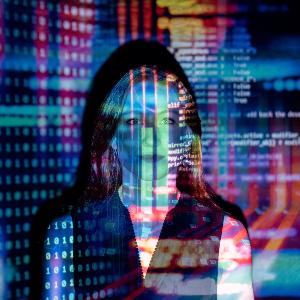Transforming Digitally
Digital innovations promise improvements to manage challenges in change processes more effectively.

Digital innovations promise improvements to manage challenges in change processes more effectively.

Change and its successful management are essential for the survival of organizations. However, many change projects do not achieve the desired results. Digital innovations promise improvements to better address well-known challenges in change processes such as establishing communication, empowerment, and participation. Increasingly, organizations are therefore experimenting with so called Digital Innovations for Organizational Change (DIOW) – e.g., digitally personalized nudges, digitally supported forms of participation, or data-driven real-time monitoring – to realize a more dynamic and flexible change process.
Despite the high practical relevance of this topic, there are so far neither systematic findings nor evidence-based design recommendations for a successful implementation of DIOW. While much research is being done on the implementation of digital innovation (DI), little is known about the opposite approach – DI as "tools" of change – and the integration of the two areas. Yet DIOW ultimately aim at their future viability.
Aim of the research project
This research project aims to answer the related questions at the interface of computer science, sociology, and management, and to develop relevant implications for future research and practice.
Within consortium project "Transforming Digitally" (funded by the Bidt), the Institute for Leadership and Organization (ILO) at LMU Munich and the chairs of Sociology Technology-Labor-Society and of Digitization in Economy and Society at FAU Erlangen-Nuremberg aim to shed light on the use of digital innovations to shape organizational change (DIOW).
Illustrative Research Questions
We are open to collaborate with industry and regularly evaluate change projects based on state-of-the-art quantitative and qualitative research methods.
If you are interested in our research area “Transforming Digitally“, please get in touch with us and contact Saskia Hasreiter (hasreiter@lmu.de; 089-2180-9543).